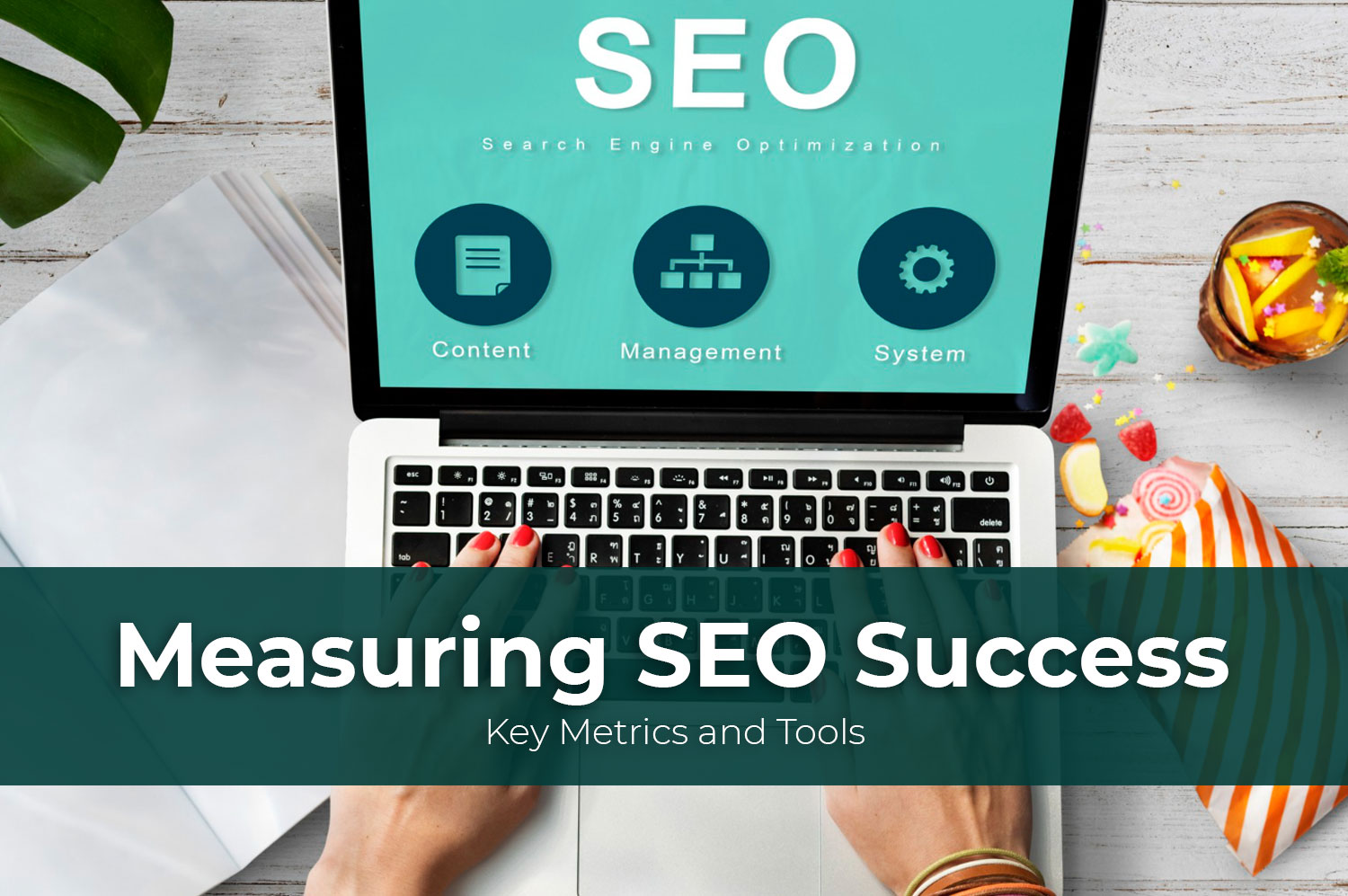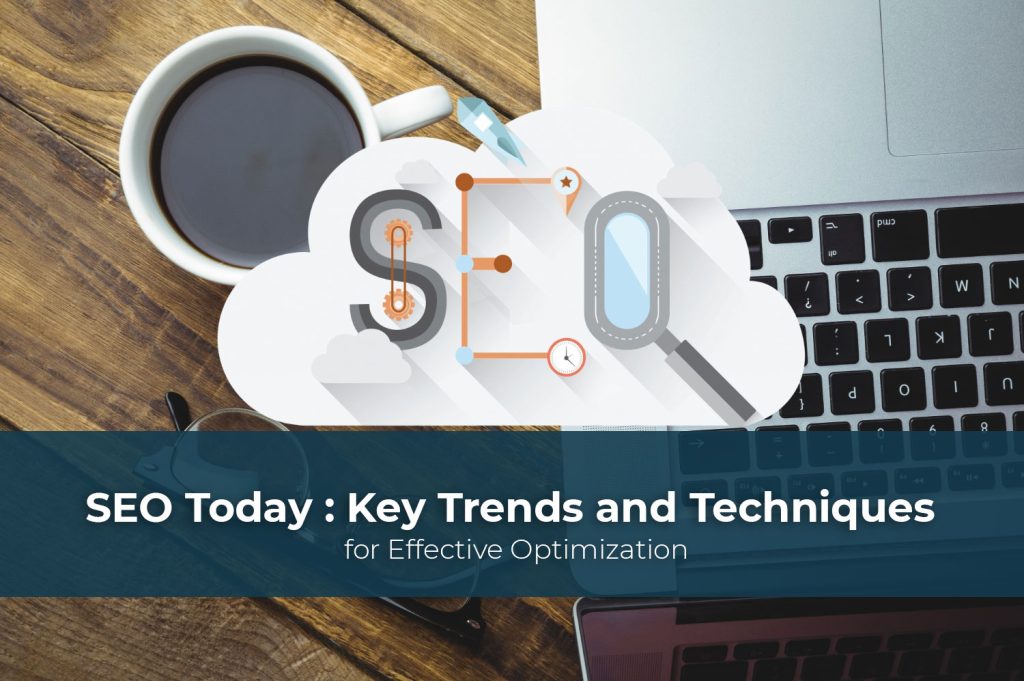
Table of Contents
ToggleIntroduction
1. Organic Traffic Growth
Organic traffic, the number of visitors coming to your site from search engines without paid advertisements, is a vital indicator of SEO success.
- Understand the trend of your organic traffic over time to assess the effectiveness of your SEO strategies.
- Monitor the bounce rate to see how relevant your content is to your audience.
- Check the average session duration to gauge the engagement level of your visitors.
- Identify the pages that receive the most organic traffic and optimize them further.
- Use tools like Google Analytics to track these metrics accurately. Linking to our service on SEO Services Toronto can provide more insights into how professional services can enhance these efforts.
SEO is a continuous effort, and regular monitoring and adjustment of your strategies are crucial for achieving sustained growth and improved online visibility. Embrace these metrics and tools as your compass in the ever-evolving landscape of search engine optimization.

2. Keyword Rankings
The position of your website for targeted keywords in search engine results pages (SERPs) is a clear indicator of SEO performance.
- Track your rankings for specific keywords over time.
- Analyze the competitiveness of the keywords you are targeting.
- Adjust your content and SEO strategies based on keyword performance.
- Use keyword ranking tools like SEMrush or Ahrefs for comprehensive tracking.
- Consider our blog post on The Ultimate Guide to Keyword Research for deeper insights into selecting and ranking for the right keywords.
3. Conversion Rate
Conversions, whether they are sales, sign-ups, or another goal, ultimately measure the effectiveness of your SEO in driving business outcomes.
- Set up goal tracking in Google Analytics to measure conversions from organic traffic.
- Analyze the conversion paths to understand how users navigate through your site.
- Optimize landing pages to improve conversion rates.
- Test different calls to action (CTAs) to see what works best.
- Our service on Web Development Company Toronto can help optimize your website for conversions.
4. Backlink Profile
The quality and quantity of backlinks pointing to your website are crucial for SEO success.
- Monitor the number of backlinks and the number of referring domains.
- Analyze the quality of the backlinks to ensure they are from reputable sources.
- Identify and disavow toxic backlinks that could harm your SEO.
- Use backlink analysis tools like Moz’s Link Explorer or Ahrefs.
- Explore our blog post on Off-Page SEO: What You Need to Know for strategies on building a healthy backlink profile.
5. Page Speed and User Experience
Page speed and overall user experience (UX) are critical factors that search engines consider when ranking websites.
- Monitor page speed using tools like Google’s PageSpeed Insights.
- Optimize images and use caching to improve load times.
- Ensure your website is mobile-friendly as mobile usability is a ranking factor.
- Regularly update your content to keep it fresh and engaging.
- Our Web Design service can enhance your website’s UX and speed.
6. Social Signals
While not a direct ranking factor, social signals can indicate content quality and influence SEO indirectly.
- Track shares, likes, and comments on social media platforms.
- Encourage social sharing through visible social media buttons on your content.
- Monitor traffic from social media in Google Analytics.
- Use social media analytics tools to measure engagement.
- Leverage our SMM Services to amplify your content’s reach on social media.
7. Brand Visibility in Search
How often your brand appears in search results can indicate the effectiveness of your SEO and content marketing efforts.
- Monitor brand mentions across the web and social media.
- Use Google Alerts or Mention to track your brand visibility.
- Engage with your audience to increase brand mentions and links.
- Optimize for branded keywords in your SEO strategy.
- Our Content Marketing services can help increase your brand’s visibility online.
8. Content Performance
The performance of your content is integral to SEO success, influencing traffic, engagement, and conversions.
- Analyze the most viewed and shared content to understand what resonates with your audience.
- Use content analytics tools like BuzzSumo to track performance.
- Update and repurpose your best-performing content.
- Conduct content audits regularly to identify gaps and opportunities.
- Consider our insights on How to Create Nurturing Content for Facebook for strategies on content performance.

By focusing on organic traffic, keyword rankings, conversion rates, and the quality of your backlink profile, among other indicators, you can gain valuable insights into the effectiveness of your SEO strategies.
9. Local SEO Metrics
For businesses targeting local customers, local SEO metrics are crucial.
- Track local rankings for relevant keywords.
- Monitor your Google My Business (GMB) listing for accuracy and engagement.
- Analyze traffic from local directories and review sites.
- Ensure NAP (Name, Address, Phone Number) consistency across the web.
- Our Digital Marketing Services include local SEO to enhance your visibility in local search results.
10. Customer Satisfaction and Feedback
Customer feedback, though indirect, can provide insights into the effectiveness of your SEO and content strategy.
- Monitor reviews and ratings on your GMB listing and other platforms.
- Engage with customers to address their feedback.
- Use customer feedback to improve your products, services, and content.
- Survey your customers to understand their needs and experiences.
- Our Online Reputation Management services can help you manage and improve your online reviews.





























